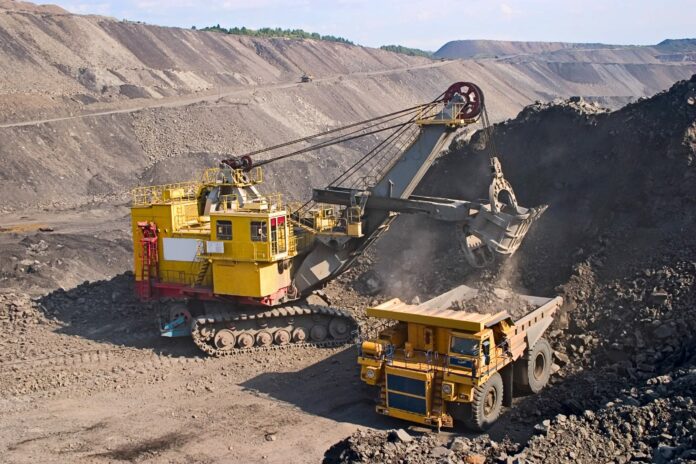A forum on gender mainstreaming into Ghana’s extractive sector has been held to discuss how women can be supported to play lead roles in the sector.
The forum brought together participants from civil society organizations and non-governmental organizations working in the extractive sector and also from other organizations.
The two-day forum held in Aburi in the Eastern Region on Wednesday August 18 to Thursday August 19 was organized by the Ghana EITI and the World University Service of Canada, Ghana (WUSC).
Rusmond Anyina Field Coordinator Wages, told journalists during the event that “This event is a two-day event. We are hoping that at the end of the day all the ideas will be validated and the document will be operationalized by all the GHEITI members.
“This is a landmark issue for us because this has never happened in the space. We think that it is a golden opportunity for us to continue as a group project and as an organization in reaching the conversation around the issues of gender mainstreaming in the extractive sector.
“We are not going to end it there, we will try to pick up some of the strategic issues and see how we can bring on board other stakeholders that will be able to help in the strategy that have been put in the gender plan.”
For his part, Chairman of the Civil Platform on Oil and Gas, Dr Steve Manteaw who chaired the event noted that women are heavily impacted by decision taken in the extractive sector yet they are not involved in the decision-making process.
“Today’s meeting is a step we are taking towards compliance of an aspect of the new EITI standard which was adopted at the Paris conference in 2019.
“All EITI implementing countries are required under the new standard to mainstream gender into the extractive sector and this should begin from the policy level to the decision making around the use of extractive sector revenues.
“So Ghana EITI took a decision that they needed to undertake a strategy towards fulfilling the requirements of the standard, sought support from the World University Service of Canada who, through their WAGES progrmme, are undertaking this analysis with the view to coming out with a strategy towards the compliance.
“Basically, there is a recognition that even though women tend to occupy the sector, mining and oil and gas, for instance if communities had to be relocated it impacts women in terms of the distance they will have to travel to their farms or the distance they will have to cover in search of water.
“However when we are taking decisions in terms of how to manage our revenue from the sector we do not actually prioritise the interest of women.
“Women do not even have opportunities to participate in that discussion in terms of even trying to influence decisions on expenditures in a way that support their livelihoods and so we are hoping with this particular programme to now get women’s issues addressed within the context of policy and also within the context of decisions around how to use oil revenue s ad to meet the needs of women.”
The EITI standard requires among other things, effective multi-stakeholder oversight, including a functioning multi-stakeholder group that involves the government, companies, and the full, independent, active and effective participation of civil society.
The key requirements related to multi-stakeholder oversight include: government engagement; industry engagement; civil society engagement; the establishment and functioning of a multi-stakeholder group; and an agreed work plan with clear objectives for EITI implementation, and a timetable that is aligned with the deadlines established by the EITI Board.
By Laud Nartey|3news.com|Ghana


